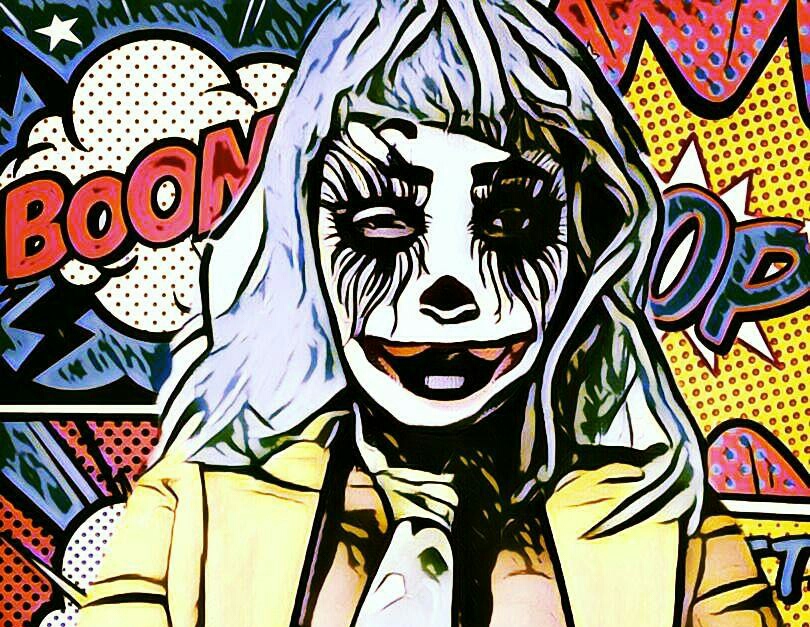I recently went to watch “Joker” one afternoon. The Joker had always intrigued me because of his level of gleeful depravity. I was interested in how this film would depict the most popular Batman villain. It didn’t hurt that Joaquin Phoenix was the star of the show.
I somewhat expected it.
Replacement
When Heath Ledger had acted the part in “The Dark Knight”, his performance was nothing short of iconic. I personally think that his complete immersion in the mindset of the Joker played a role in his untimely demise. Opinion aside, this immersion is what made me wonder who his replacement would be in the next Batman movie. Only two persons came to mind – Jake Gyllenhaal and Joaquin Phoenix. If you have ever seen a drama with either of them in it, you know where I’m coming from. The character seems made for them.
I was also excited about the commentary around Phoenix’s depiction of the Joker, and the tone of the movie as a whole.
Words like “dark”, “twisted”, “gratuitous” were frequently used in feedback online.
A doctor voiced their opinion on the movie in an online group I’m a part of. The resounding theme of the responses was the concern that this Joker’s character would lead to more stigma towards and fear of persons with mental illness.
Enter Arthur Fleck
I certainly understand their fear. Arthur Fleck had the stereotypical clusterf*** of circumstances that made him a prime candidate for developing sociopathic/psychopathic tendencies.
*****SPOILER ALERT*****
He had a mentally ill mother with delusions of grandeur.
He was a victim of repeated physical abuse in early childhood.
As a result, he suffered a traumatic brain injury.
There were poor institutional and governmental support (overworked and disinterested social worker and abrupt termination of psychological aid).
He had an unsteady dead-end job, and no supportive social network.
He was ridiculed, berated and bullied by various persons, including coworkers, troublesome teens, and even his lifetime comedic idol.
His circumstances, combined with his brain damage, led him to become the psychopath we know him to be. He was antisocial. Delusional. He had poor insight into his illness and poor judgement to address it. He hallucinated an entire romantic relationship.
(His pseudobulbar affect (the uncontrolled laughter and crying) was a bit much. Prior iterations of Joker showed that he was very much in control of his emotions, even if they were irrational.)
Under the direction of Todd Phillips, Arthur Fleck’s descent into the Joker is not only riveting and human; it is very, VERY plausible.
Misconceptions about mental health…
And herein lies the problem my colleagues had with the movie. There is an undeniable stigma attached to mental illness. Arthur Fleck himself wrote “The worst part about having a mental illness is people expect you to behave as if you don’t.” People generally think that persons suffering from mental illness are irresponsible, erratic and violent. The non-violent ones should be institutionalized until they are “normal”. The violent ones should be jailed for life because they are a societal threat.
The fact is that people with mental illness are not inherently violent.
However, the movie Joker feeds on public fear. It presents to an impressionable audience a scenario where everything is wrong and goes wrong. The most likely outcome is a violent one.
But not everyone ends up like the Joker. Some people get help, and they have good outcomes with counseling, medications, and psychological support. They have friends, drive to work and raise families.
Joker, or mental illness, or both?
The dilemma is that this movie is about the Joker, not mental illness. The focus on his descent was an alternative character exploration of the Joker’s origins. The spotlight on mental illness was a collateral bonus. The movie highlighted the roles that a cruel society and an almost criminally indifferent government play in the creation of perpetual chaos.
At the very least, Joker may bring awareness to mental illness and those who suffer with it. The movie also gives a glimpse as to how society can help them to lead productive lives, instead of driving them to madness.
Will that moral plea get lost in the carnage?
Maybe.
I confess that when Arthur got his revenge on his workplace nemesis, I did smile. Just a little bit though (that scene was quite brutal).
The audience audibly winced. Then one of them cheered (more like a muted “yaay”, but still celebratory).
Necessary Results
There’s a certain empathy – and dare I say admiration – for the lucked-out underdog who rises above, albeit in a sea of blood and gore. It’s scary to think that there are persons out there who don’t need this movie to ignite their psychopathy.
The rest of us will hopefully get one of the most important underlying messages.
Mental illness sucks, just like any other health problem, and we should all work together to be a part of the solution, not the problem.
I think Hetty from NCIS said it best:
“One’s methods are seldom questioned when they bring about the necessary results.”
The madness of Joker made it a massive box office success. It is, after all, the most successful comic book movie of all time. The movie also made its US debut just before World Mental Health Day.
So let’s hope that those necessary results include more help for persons with mental illness.
Meanwhile, “Don’t forget to smile!”



Recent Comments